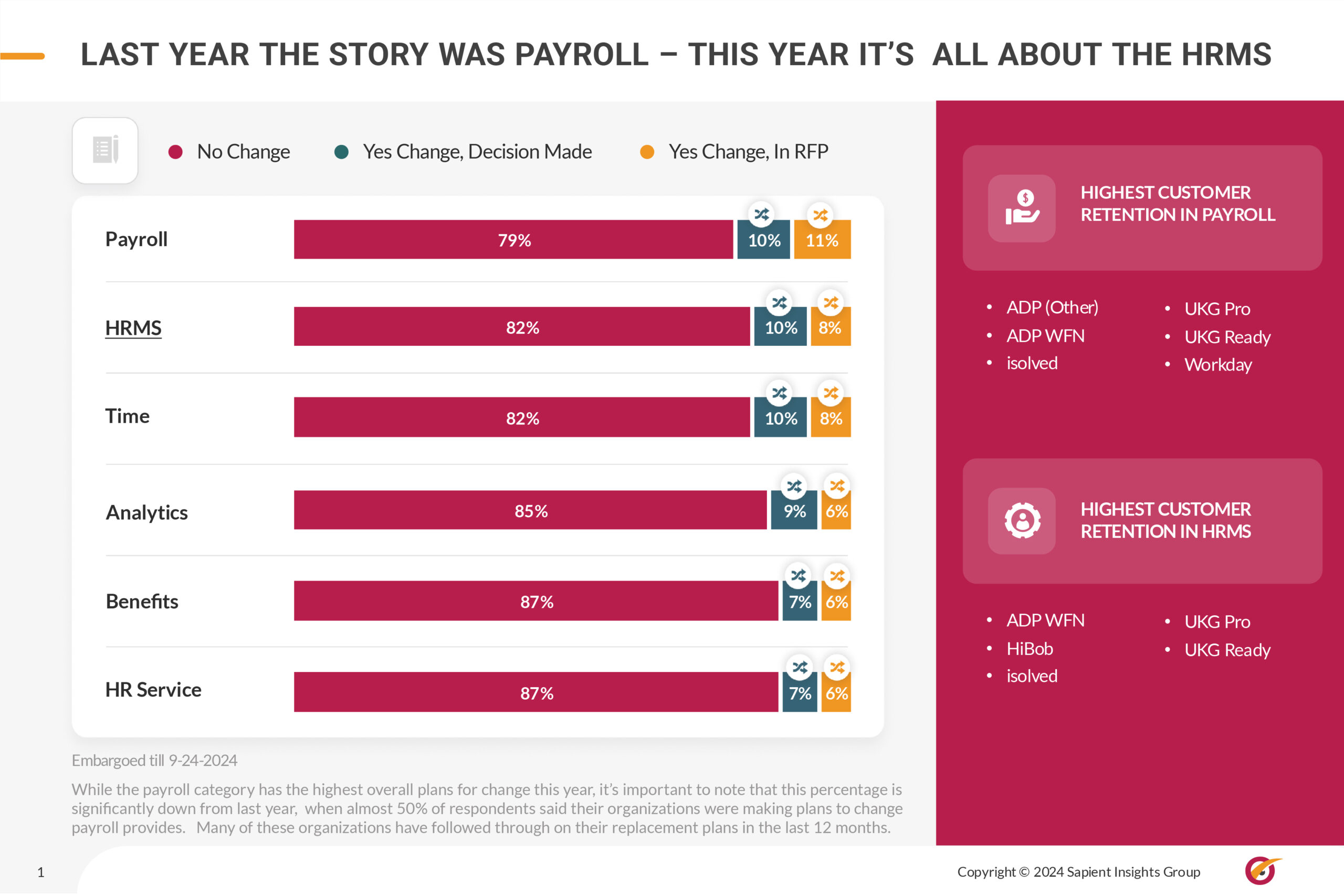Creating workplace competency by developing key skills
- HRM Asia Newsroom

45-year-old Kasinathan Parthiban, a Senior Railway Engineer with SMRT Trains, will get to realise his dream of obtaining an undergraduate degree thanks to the Competency-Based Workplace Learning Pathway introduced by SIT last year.
Competence at work is a key requirement for work performance, and consists of three key domains, said Professor Stephen Billet, School of Education and Professional Studies at Griffith University, Australia.
These include canonical occupational knowledge, or the knowledge required to practice the occupation; and situational requirements, which is the work practice circumstances in which occupational requirements are manifested and judgements made about performance.
Conducting a workshop at the recently concluded Applied Learning Conference 2022 organised by the Singapore Institute of Technology (SIT), Professor Billet said, “These domains include gaining qualities of expertise as a key goal and being able to respond productively to non-routine problem-solving within the circumstances of practice.”
The third domain in workplace competence is the personal domain of knowledge. This, Professor Billet explained, is the knowledge individuals construct and use, or the conceptual, procedural, and dispositional knowledge that underpins effective work performance.
He continued, “Here, individuals construct a person-specific domain of occupational knowledge from their experience. They shape what they know, can do, and value. That learning arises from experiences in educational institutions, workplaces, and wherever they engage in occupational activities and interactions. So, in some ways, the domains of knowledge individuals construct are person-particular.”
Professor Billet also identified how aspects of this domain are referred to by SkillsFuture Singapore (SSG) as Critical Core Skills (CCS). Launched by SSG in August 2020, the CCS framework comprises a total of 16 competencies grouped into three clusters of skills that workplaces deem most essential.
Thinking Critically: Creative Thinking, Decision Making, Problem Solving, Sense Making, and Transdisciplinary Thinking.
Interacting with Others: Building Inclusivity, Collaboration, Communication, Customer Orientation, Developing People, and Influence.
Staying Relevant: Adaptability, Digital Fluency, Global Perspective, Learning Agility, and Self Management.
“SSG’s Critical Core Skills provide examples of the qualities that are required for these personal domains. They also have relevance at the occupational and specific practice levels from which individuals need to learn,” said Professor Billet.
Also speaking at the workshop was Chelvin Loh, Director, Jobs-Skills Insights Division at SkillsFuture Singapore, who shared SSG’s journey of holistically reviewing soft skills competencies in 2019, leading up to the launch of the CCS framework in 2020.
“Soft skills are critical and serve as the foundation to build new skills”, she added, while highlighting how soft skills are part of the priority skills identified in SSG’s inaugural Skills Demand for the Future Economy report, which was released last year.
“The transformation and the speed of change occurring in the world today means skills such as learning agility, sense making, and adaptability become ever more important. These Critical Core Skills are expected of all job roles in every workplace, and can be considered to be the most fundamental skills and competencies for one to succeed in working life,” she emphasised.

“Soft skills are critical and serve as the foundation to build new skills… The transformation and the speed of change occurring in the world today means skills such as learning agility, sense making, and adaptability become ever more important.” – Chelvin Loh, SkillsFuture Singapore.
Arthur Poh, Director, National Centre of Excellence for Workplace Learning at SIT further elaborated on the CCS framework by highlighting a recent survey conducted by NACE@SIT. The study found that employees highlighted communication, problem-solving and learning agility as key skills essential to respond to the speed of change in the current world. These findings, according to Mr Poh, were important as it shaped how universities like SIT prepare learners to respond to the challenges ahead.
As countries and organisations look to develop skills and maintain capacity for their workforces, Professor Billet advised that there should be no separation between participation in work and learning.
Learning at the workplace occurs when employees are directly engaged in work tasks, when they observe and imitate what colleagues do, when they practice, rehearse, refine, and associate in a work setting, and when they are provided with close guidance by colleagues or experts.
Drawing on data provided from the Programme of International Assessment of Adult Competence (PIACC), Professor Billet concluded, “Singapore workers report learning through their work, and through a combination of their engagement and guidance from others. People respond to challenges locally, so engage and press learners into the thinking and acting process, and through this, you can understand their readiness and extend their zone of potential development.”

“People respond to challenges locally, so engage and press learners into the thinking and acting process, and through this, you can understand their readiness and extend their zone of potential development.” – Professor Stephen Billet.
“To develop workplace competence, there must be a connection between the workplace training gaps and learning. Teaching theories on its own without context of workplace challenges will increasingly become less popular. When we talk about adult learning and competency-based education, we should change the paradigm of training by looking at the needs of the enterprise and make the organisational needs at the heart of training,” said Mr Poh, who shared on SIT’s journey in workplace learning at the workshop.

“To develop workplace competence, there must be a connection between the workplace training gaps and learning. Teaching theories on its own without context of workplace challenges will increasingly become less popular.” – Arthur Poh, Singapore Institute of Technology.
Last year, SIT piloted a new Competency-Based Workplace Learning Pathway that provides adult learners, regardless of their starting qualifications, a means to enhance their skills and pursue a degree while working – the first-of-its-kind in Singapore.
MOUs were signed with leading industry partners such as Ensign InfoSecurity and SMRT Corporation to upskill their workforce to meet evolving industry needs and achieve greater alignment between academic achievement and work performance.
Under this pathway, adult learners will be able to acquire competencies and get recognition of skills at the workplace. They will also be assessed based on their displayed competencies.






